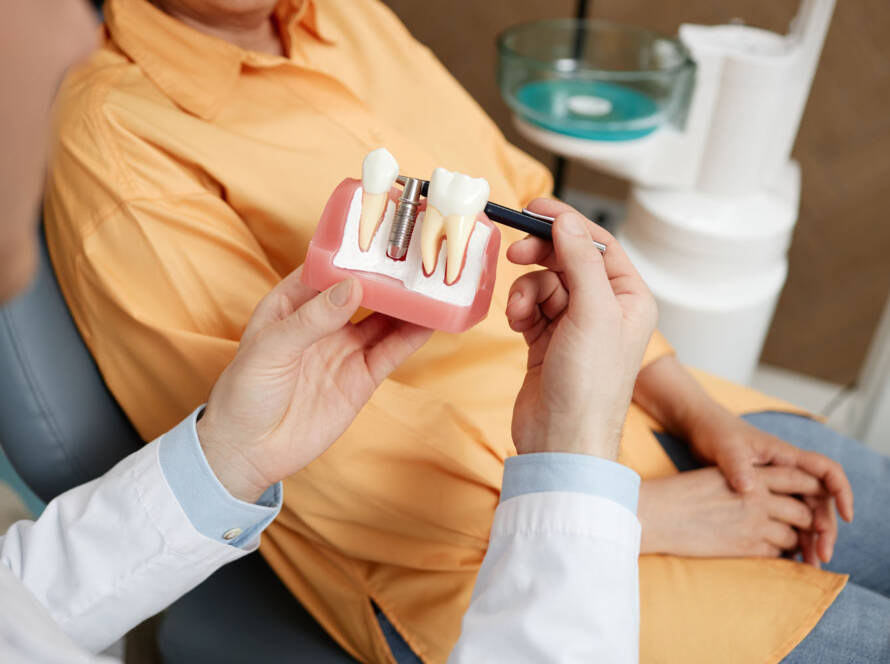We are constantly being told that drinking fizzy drinks is bad for our teeth, but is this really true? If it is, then why is it drinking such is so bad for us?
Well to put it as simply as possible yes drinking fizzy drinks too often can cause damage to your teeth. In fact, if you don’t take care of your teeth properly then drinking such products is one of the worst things you can do when it comes to dental health. Even if you visit your dentists in Galway regularly too much fizzy drink can prove detrimental to your dental care regime in many ways.
So How Exactly Can Drinking Fizzy Drinks Be Bad For My Teeth?
It is the carbonation process used in order to turn a still drink fizzy that is the real problem. When carbonated the bubbles in the drink become much more acidic and it is this along with the use in citric acid in such drinks that will cause damage to your teeth.
But it isn’t only the acids in the drinks that are an issue, as all fizzy drinks have been sweetened and come with a low pH level that attacks the enamel on your teeth. Furthermore, the sugar in those drinks you love is able to feed on any bacteria in your mouth, which can cause decay to occur.
But you say you only drink diet fizzy drinks? Well, these are just as harmful as normal ones, as it is mainly the acid in the drink that will cause the most harm to your teeth.
The Main Effects Of Fizzy Drinks On Your Teeth
There are two main dental problems you could face if you decide to drink lots of fizzy drinks on a regular basis.
Erosion
This problem will begin when the acid in the drink comes into contact with the enamel on your teeth. Over time, the acid will begin to affect the hardness of this protective outer layer and, in turn, will begin to cause it to wear away.
Cavities
Not only do fizzy drinks affect your tooth enamel, but they can also cause problems for the next layer, known as dentin. Also, drinking too much fizzy pop can lead to problems with any composite fillings you already have.
Cavities, also known by the name caries, can develop over time in those of us who choose to drink fizzy drinks on a very regular basis. Also, if you fail to follow a good dental care routine as recommended by Galway Dentists, then this can lead to quite a lot of damage.
So What Can You Do To Prevent Such Problems from Arising?
Of course, the best way to help protect your teeth is by removing all kinds of fizzy drinks from your diet completely. However, if you cannot do this, think about reducing how many of them you drink. Along with this, there are a few more things you can do that will help to reduce the risk of damage being caused to your teeth by these types of drinks.
Here are some other things you should do if you still want to enjoy a fizzy drink or two.
- Use a straw to sip the drink as this will help reduce the amount of acid and sugar coming into contact with your teeth.
- Never sip of fizzy drinks over a long period or slowly, as it will result in your teeth being exposed to sugar and acid more often.
- After you’ve had a fizzy drink, make sure to drink some water as this will help to dilute and remove some of the acid and sugar from your teeth.
- You should also brush your teeth after drinking such products with fluoride toothpaste, and you may also want to consider rinsing out your mouth with a good fluoride mouthwash.
- Finally, it is important that you arrange to visit your dentists regularly for a check-up. They will be able to spot any problems before the issues get any worse. If left for too long, having a filling may be the least of your worries; you may be faced with having your dentists in Galway remove one or some of your teeth.
Hopefully, the information we’ve provided above will help ensure that you aren’t faced with any real dental issues. If you would like more information about proper dental care, then please give us here at Galway Dentists a call on 091 582222. Alternatively, email us at [email protected] and we will contact you to discuss your requirements further.



